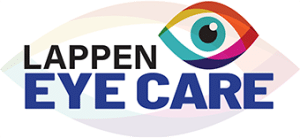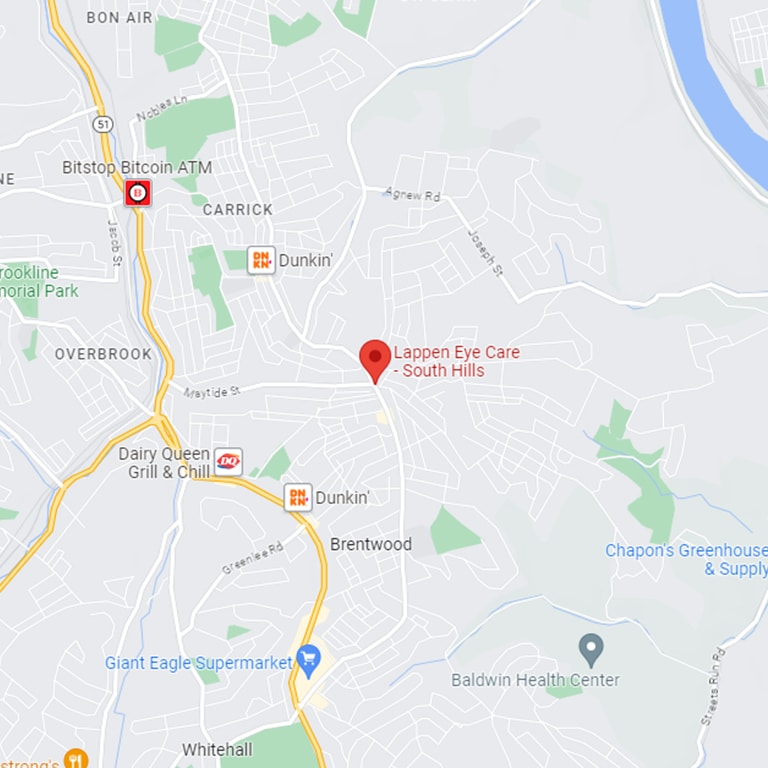Dry Eye Syndrome in the Workplace: How to Protect Your Eyes on the Job
For many, the workplace poses special problems as far as dry eye syndrome. Whether you already have dry eyes or you wish to proactively prevent this condition from developing, there are ways in which you can protect your eyes—and your vision—on the job. If you are at a higher risk for developing dry eye syndrome, it’s especially important to take one or more of the following steps.
Wear Blue Light Blocking Eyeglasses
The blue light emitted from electronic devices like computer screens has been proven to be damaging to the eyes. Your eye doctor in Pittsburgh, PA can provide prescription eyeglasses with built-in blue light blocking as a measure of protection against this risk factor for dry eye syndrome.
Use a Humidifier
Unfortunately, in most office work environments, you’re at the mercy of the temperature and humidity settings in the workplace. If the air happens to be dry, everyone must deal with it. But dry air can exacerbate dry eye syndrome, so consider bringing in your own humidifier for your personal space. It may at least add some moisture to the air around your work desk or cubicle.
Invest in a Blue Light Screen Filter
If you prefer not to wear blue light blocking eyeglasses, then consider investing in a blue light filter that fits over your computer screen. This is a physical device that just slips right over the screen and filters out blue light without any plugging in or hookups. Alternatively, there are some blue light filter apps you could install, although you may need to get your IT department’s permission to install 3rd-party software.
Blink
It’s hard to believe that you would need a reminder to blink, but studies show that when people look at screens they have a tendency to blink less. Blinking fewer times increases dryness of the eyes, so make a point of blinking several times each minute. Also, occasionally squeeze your eyes shut and hold so that moisture has a chance to form.
This condition is more than an inconvenience, and should be treated by a professional. If you think you have dry eye syndrome in Pittsburg, PA, contact us for an appointment.









Leave a Reply
Want to join the discussion?Feel free to contribute!